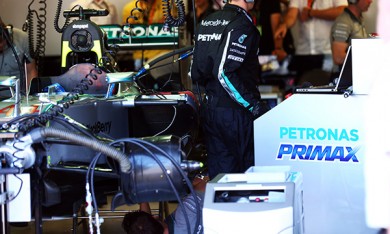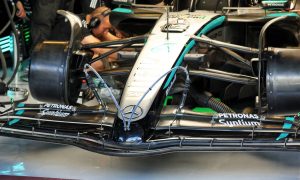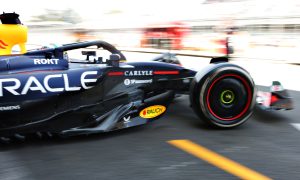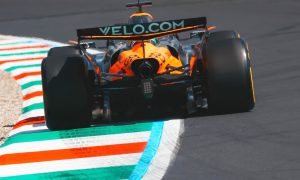
Last November, during the Abu Dhabi Grand Prix weekend, Shell claimed that it's products and development work had been responsible for at least 25% of Ferrari's 2015 increase in performance.
The Dutch oil company said that last season it had enabled the Scuderia to gain a half a second a lap, or about 30 seconds over the distance of a race last, by elaborating five different blends of fuel over the course of the season.
The claim was questioned by Mercedes and its technical partner Petronas given the consistent sheer advantage of the German manufacturer's hybrid power unit in Formula 1.
"It's an interesting number, but I doubt it's accurate," said Mercedes motorsport boss Toto Wolff.
"What makes the numbers difficult to assess is the number of unknown variables," added Petronas engineer Chan Ming-Yau.
"What was the starting point for such a claim? What lap are they referring to? Were improvements solely linked to new fuel blends or also to a new engine package?
"They are no revolutionary fuels in F1," Ming-Yau concluded.
"Products are always evolving. If you wish to make substantial progress, you must also change simultaneously many parts of the engine and adjust the electronics."
Feature: Swindlers, liars, and fraudsters - F1’s most curious characters






